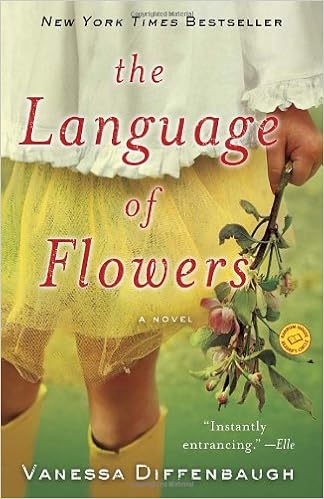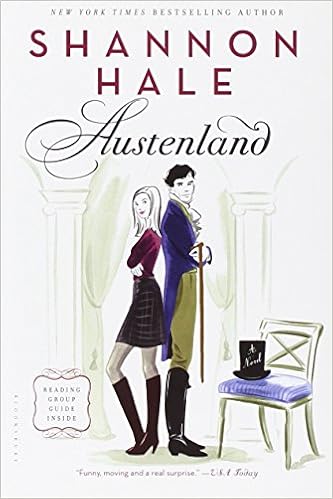 |
| Broadway Books |
(My own fault, I think. I have too many books at once: Marley & Me by John Grogan, A Natural History of Dragons by Marie Brennan, The City of Ember by Jeanne DuPrau, and Austenland by Shannon Hale, among the 50 or more books I still have sitting at my bedside.)
However, I have managed to hit two points of interest in Erik Larson's book: Marconi has managed to send the first wireless telegraph across the Atlantic, and Dr. Crippen has made a seemingly innocuous purchase of poison. I'm under the impression that things are about to get very messy, very quickly.
Confidentially, I'm a little excited.
Oh, and I did pull a passage from Thunderstruck which I really enjoyed, which really tickled my fancy as a lover and student of history:
"There was wide agreement that some kind of war in Europe was inevitable, although no one could say when or between which nations; but there also was agreement that advances in science and in the power of weapons and ships would make the war mercifully short. The carnage would be too great, too vast, too sudden for the warring parties to endure. One voice dissented. In 1900 Ivan S. Bloch wrote, 'At first there will be increased slaughter - increased slaughter on so terrible a scale as to render it impossible to get troops to push the battle to a decisive issue. [...] The war, instead of being a hand-to-hand contest in which the combatants measure their physical and moral superiority, will become a kind of stalemate, in which neither army being able to get at the other, both armies will be maintained in opposition to each other, threatening each other, but never able to deliver a final and decisive attack.
"They would dig in and hold their ground. 'It will be a great war of entrenchments. The spade will be as indispensable to a soldier as his rifle.'"This quote is what has impressed me most about Larson's work: depth and detail - and, on occasions, a startling connection between points in history. I liked that Larson decided to include this quote from Bloch. As a reader looking back on history, it's interesting to see the foresight that one individual had in looking at the tumultuous future of Europe (and, effectively, the rest of the world). More importantly, it seems to drive home the idea that Europe was a continent in turmoil even before World War I came along nearly a decade later, giving you a better idea of what Dr. Crippen - and, more notably, Marconi faced.
And then there was this amusing anecdote about Queen Victoria on her death in January of 1901: when asked whether his mother (Queen Victoria) would be happy in heaven, Edward, heir to the throne and the entire British Empire, replied, "I don't know. She will have to walk behind the angels - and she won't like that."
I love these observations.





